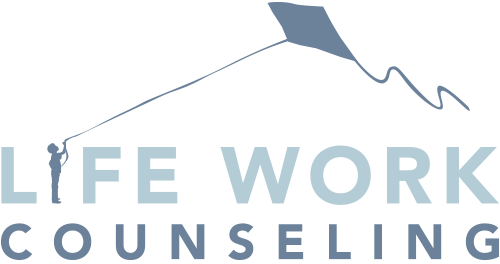Exclusive Service
Occupational Burnout
Addressing Your Concerns
Burnout is characterized by feeling exhausted, feeling ineffective in your work, and disengaging or reducing commitment to your work, therefore our approach focuses on increasing the “Three E’s”:
- Increase Energy
- Increase Efficacy
- Increase Engagement
Mindfulness is a foundational skill that can help you notice where your attention goes, and once you know where your attention goes you will know where your energy goes. What sorts of things do you tell yourself you should be doing right now? And how do you think those thoughts affect your energy level?
Poor self-efficacy, which is a feeling or perception that one is not adequately capable of their given tasks, is commonly associated with feeling overwhelmed, but can also be apparent when one grows bored or listless in their career. Increasing efficacy often involves confronting our preconceived notions about who we are. Often we believe that we are supposed to have a certain job, or to perform a certain way, but frank and honest reflection on our deeply held personal values often reveals that the self-image we have created does not support value-driven behaviors.
If values are the seeds, and committed action is the soil, then engagement, passion, and motivation are the fruit that we can harvest. Engagement is about finding the link between our actions and our values and committing to behaviors that reinforce that link. And you may think, “easier said than done,” which is true. And also commitment to value-driven behaviors might be easier than the alternative–living a life of reasons and excuses that leaves you feeling exhausted, ineffective, and disengaged.
Psychotherapy is a useful tool for facilitating these changes because it can help you think differently or shift your perspective so that you might consider confronting your challenges differently. Trying new solutions can be a powerful tool for creating positive change in your life, and a collaborative relationship with a therapist can help.

Burnout Affects Home Life
Exhaustion, negative self-image, and ambivalence can be a toxic influence on our relationships with loved ones. Therapy can help you learn communication strategies to bridge divides that have grown due to burnout.

Career Has Many Faces
Burnout is not exclusive to professionals in paid positions; occupational stress affects volunteers, homemakers, activists, and students as well. Anyone who uses their sense of self in their work can be vulnerable to burnout.

